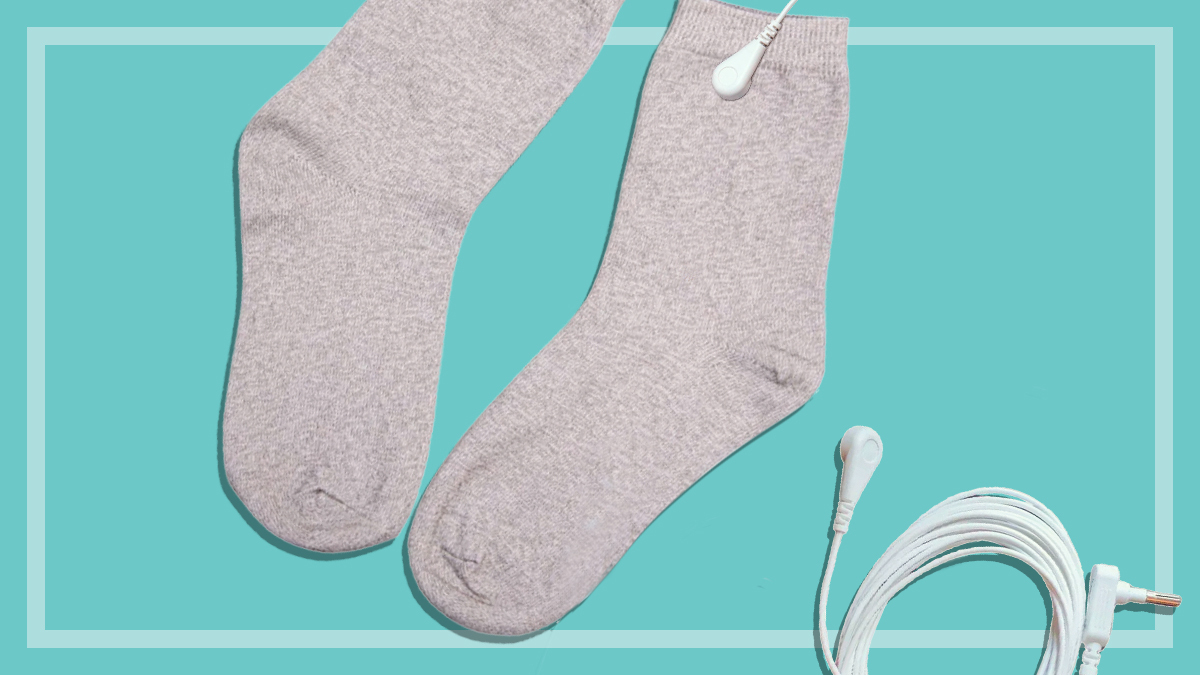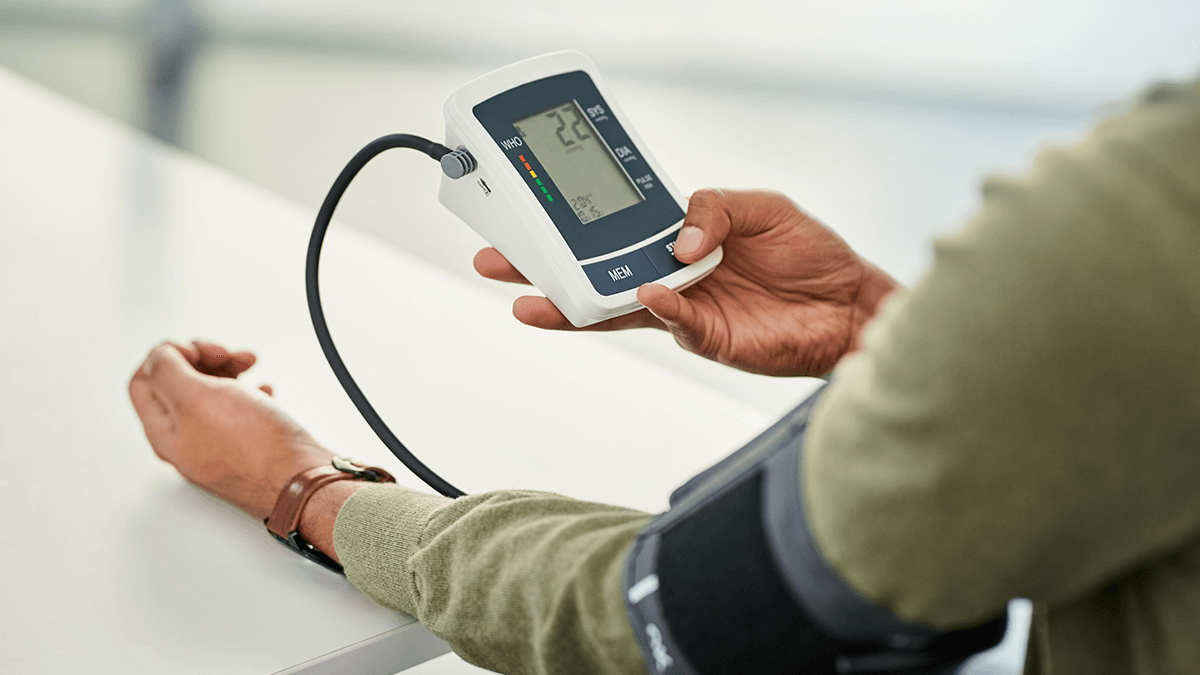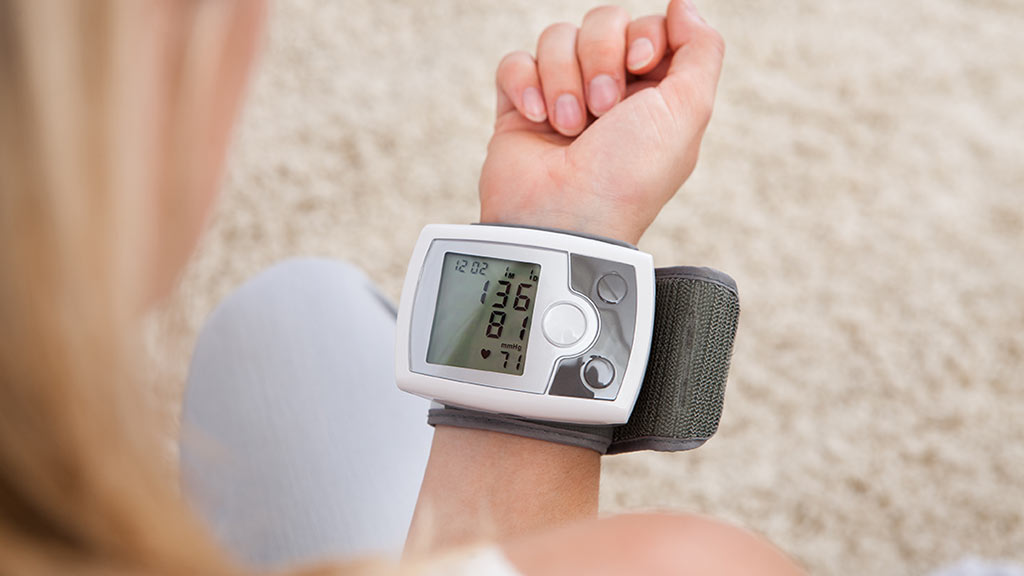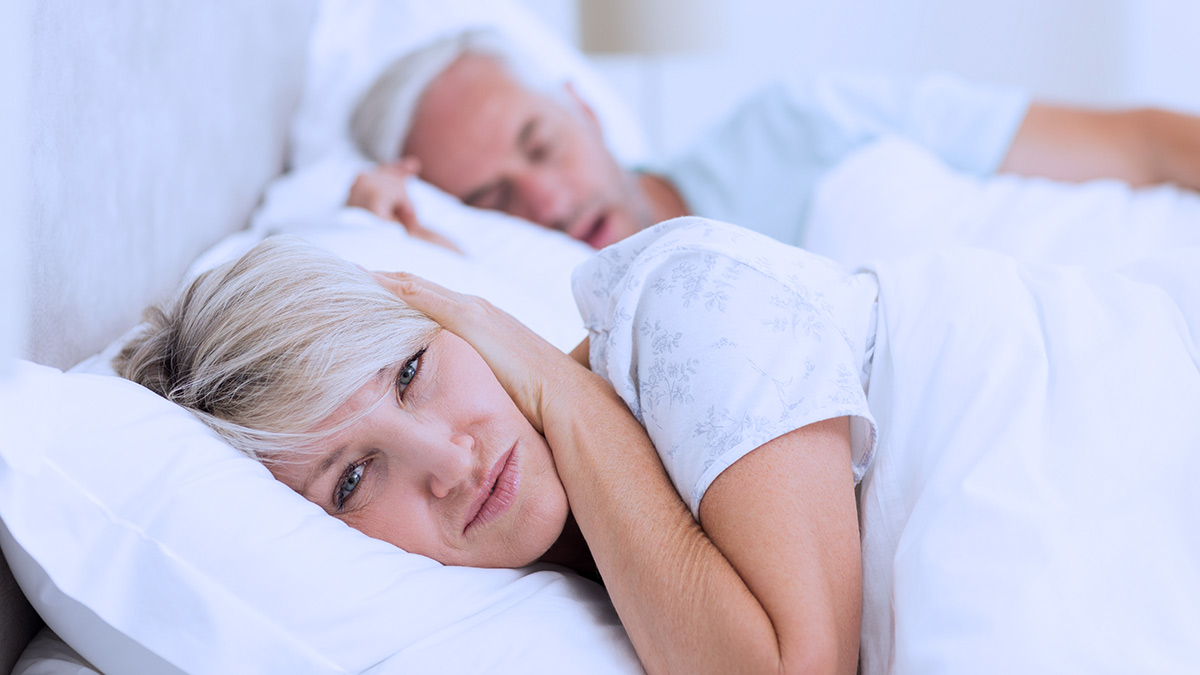Get our independent lab tests, expert reviews and honest advice.
How to buy the best cough, cold and flu treatments
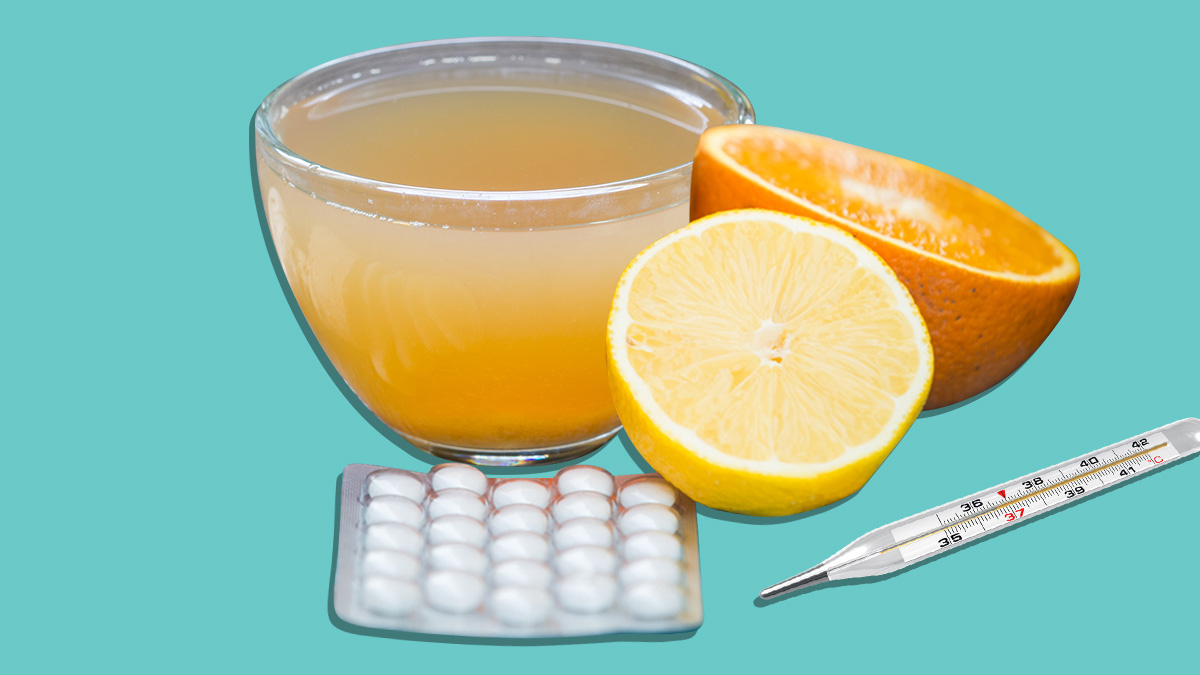
If your cold hasn’t already befuddled your head, being confronted by a gazillion different remedies on the pharmacy shelves could just take you over the line.
On this page:
- Treating different cold and flu symptoms
- Home remedies for cold and flu
- Treating children for cold and flu
- Cost
More than $250 million worth of cold, cough and flu remedies are sold in Australia every year. For many products there’s not much convincing evidence that they work – but nor is there much evidence they don’t work.
Confused? We sift through the options and guide you on what – if anything – is worth buying for different symptoms. The better news is that you might be able to skip the pharmacy spree with some simple home remedies.
Cold, flu and COVID-19: It’s very difficult to distinguish between the symptoms of COVID-19, influenza and a cold. If you have symptoms such as a sore throat, headache, fever, shortness of breath, muscle aches, cough or runny nose, you may need to self-isolate and to be assessed by a medical professional. You may also need testing for COVID-19.
Treating different cold and flu symptoms
The ingredients in cough, cold and flu treatments target one or more particular symptom, so match your symptoms to the treatments. Many products are combos treating more than one symptom, so try to buy only those that address the symptoms you actually have.
How to treat a loose, chesty cough
Consider “chesty cough” liquids that contain expectorants and/or mucolytics. Expectorants, including guaiphenesin, ammonia and senega, are meant to help make coughing out secretions easier, while bromhexine, a mucolytic, acts by thinning mucus in the lungs. There’s little evidence for any of them.
How to treat a dry cough
Consider suppressants. “Dry cough” liquids, as well as many combination cold and flu tablets, contain suppressants such as codeine, pholcodine and dextromethorphan. However, the effect is little better – if at all – than that of a placebo, with dextromethorphan the best bet. Use them only for painful, dry and persistent coughs – using suppressants for chesty coughs could delay recovery.
How to treat a blocked nose
Consider decongestants, which reduce the “stuffed up” feeling and mucus formation. They’re not always effective, so you may or may not experience any noticeable difference.
Pseudoephedrine is a decongestant, but it’s kept behind the counter because it can be used to make methamphetamine. If you want to buy it, you will have to ask the pharmacist for it and show ID.
Phenylephrine (look for PE on product labels – e.g. Sudafed PE) has been marketed as a substitute for pseudoephedrine, but is not as effective.
If you have heart disease, diabetes, high blood pressure or thyroid conditions, check with your doctor before taking decongestants
Side effects of decongestants may include increased blood pressure, sleeplessness, anxiety and dizziness. If you have heart disease, diabetes, high blood pressure or thyroid conditions, check with your doctor before taking them.
Spray (topical) decongestants, including oxymetazoline and xylometazoline, are faster-acting than oral decongestants and have fewer side effects. They should be used sparingly – continual use can make congestion worse.
How to treat a runny nose
Consider an anticholinergic spray. Atrovent nasal spray contains ipratropium bromide (which is an anticholinergic), which can help dry up a runny nose and is also recommended for allergies.
There’s not much evidence oral antihistamines such as diphenhydramine, brompheniramine, doxylamine and chlorpheniramine help dry up a runny nose caused by colds. But they may make sleeping easier by countering the stimulating effects of decongestants.
Side effects include dry eyes and mouth, and daytime drowsiness – these effects are usually, but not always, found in night-time products, so check the label. People with narrow-angle glaucoma or an enlarged prostate should avoid using them.
How to treat a stuffy and runny nose
Consider anticholinergic/decongestant combo spray. Otrivin Plus nasal spray contains ipratropium bromide, as well as a decongestant (xylometazoline) to reduce stuffiness.
How to treat aches and pains
Consider paracetamol or ibuprofen. Some cough and cold medicines contain paracetamol or ibuprofen for pain relief and to reduce fever, so check the ingredients before use to avoid the risk of overdose if you’re also taking painkillers separately.
How to treat fever
Consider leaving it! Fever can help fight infection, so unless it’s really uncomfortable, it might be best to ride it out. See a doctor if it’s higher than 39.5°C for three days and doesn’t respond to medication such as paracetamol.
Home remedies for cold and flu
Help may be at hand in your home already.
- Fight the virus by resting up in the first few days when you’re most affected and most contagious.
- Loosen congestion and prevent dehydration by drinking plenty of fluids. A warm honey and lemon drink soothes your throat. Avoid dehydrating caffeine drinks and alcohol.
- Ease nasal congestion and help prevent bacterial infection by flushing your nose with saline nose drops twice a day. Saline liquid doesn’t cause the rebound effect of nasal decongestants, and is safe for children.
- Relieve swelling in the throat by gargling with salt water (half a teaspoon of salt in a glass of warm water).
- Ease a dry, sore throat and reduce tickling that causes dry coughing with sugar-free throat lozenges. Medicated lozenges aren’t necessary, although menthol or eucalyptus may help your head feel clearer.
- Suppress a dry cough with one or two teaspoons of honey – a useful remedy for children over the age of one.
Vitamin C, zinc and echinacea have all been promoted as aids for reducing the severity and duration of colds, and the likelihood of catching one. Some studies have found some benefit, but findings are inconsistent and reported effects could come down to the quality of the study or the particular preparation used.
Treating children for cold and flu
Children under the age of six should not be given medicines to treat cough and cold symptoms. For children aged six to 11, do so only on the advice of a doctor, pharmacist, or nurse practitioner.
If a child has a temperature above 40°C, or a lower temperature that lasts three days or more and doesn’t respond to medication, take them to see a doctor.
Aspirin should not be taken by children or teenagers, as it could possibly cause a serious illness called Reye’s syndrome.
Cost
You may be able to save money with generic products – look for the pharmacy’s own brand, for example.
The active ingredients are the same as big name products, but other ingredients may not be, so check there’s nothing you’re sensitive to.



